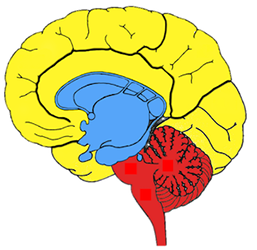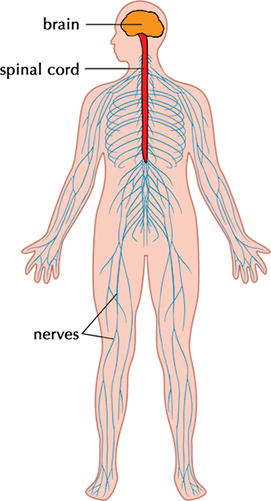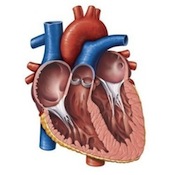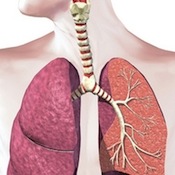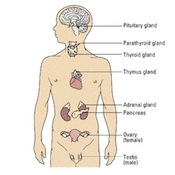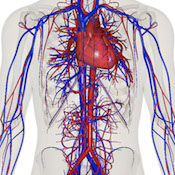Hello and a warm welcome to the website, I’m Sebastian Eastwood, a psychotherapist in full-time private practice in Bristol. I developed Sequential Psychotherapy because I passionately believe that well-structured, well-informed therapy can have a profoundly positive effective on people’s lives. Based on the most up-to-date neuroscience and psychology research, Sequential Psychotherapy is a simple step-by-step process for resolving a wide range of troubling symptoms and problems.
If you're struggling with an issue that feels out of control, or you've failed to get the results you wanted to see in other therapies, I put together this website to explain how Sequential Psychotherapy can help. To find out more, scroll down or click here to find out how to get the most out of the website.





